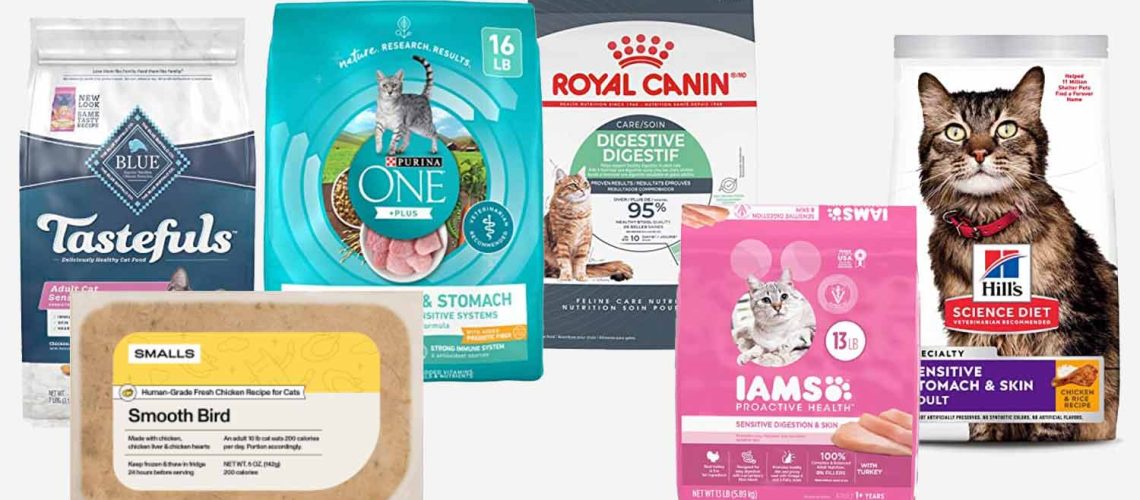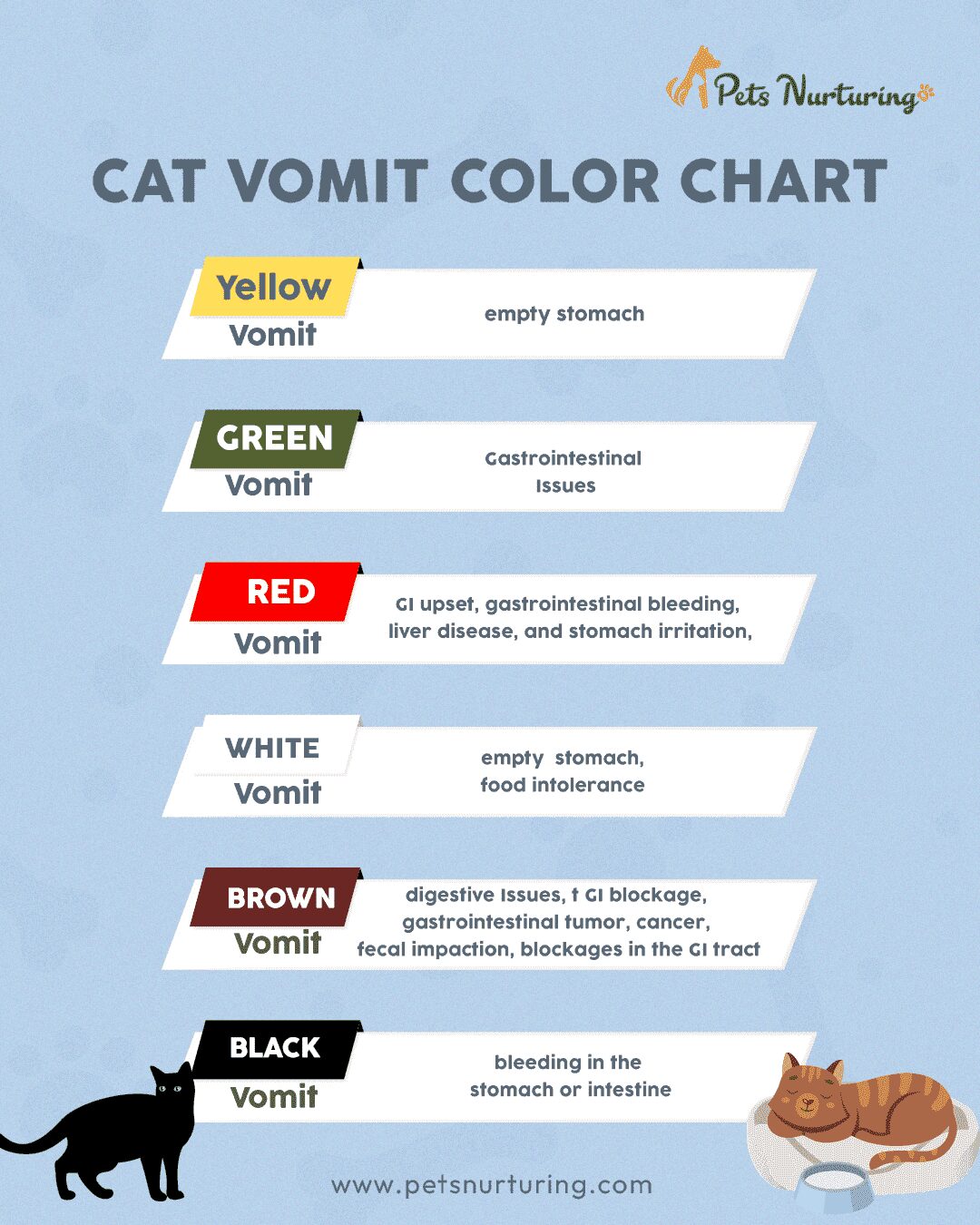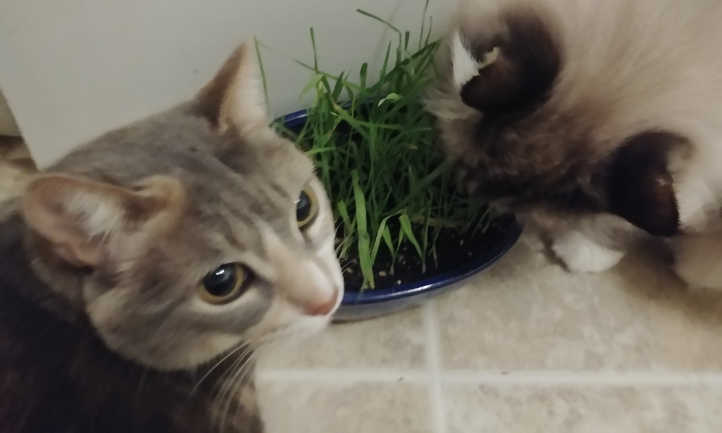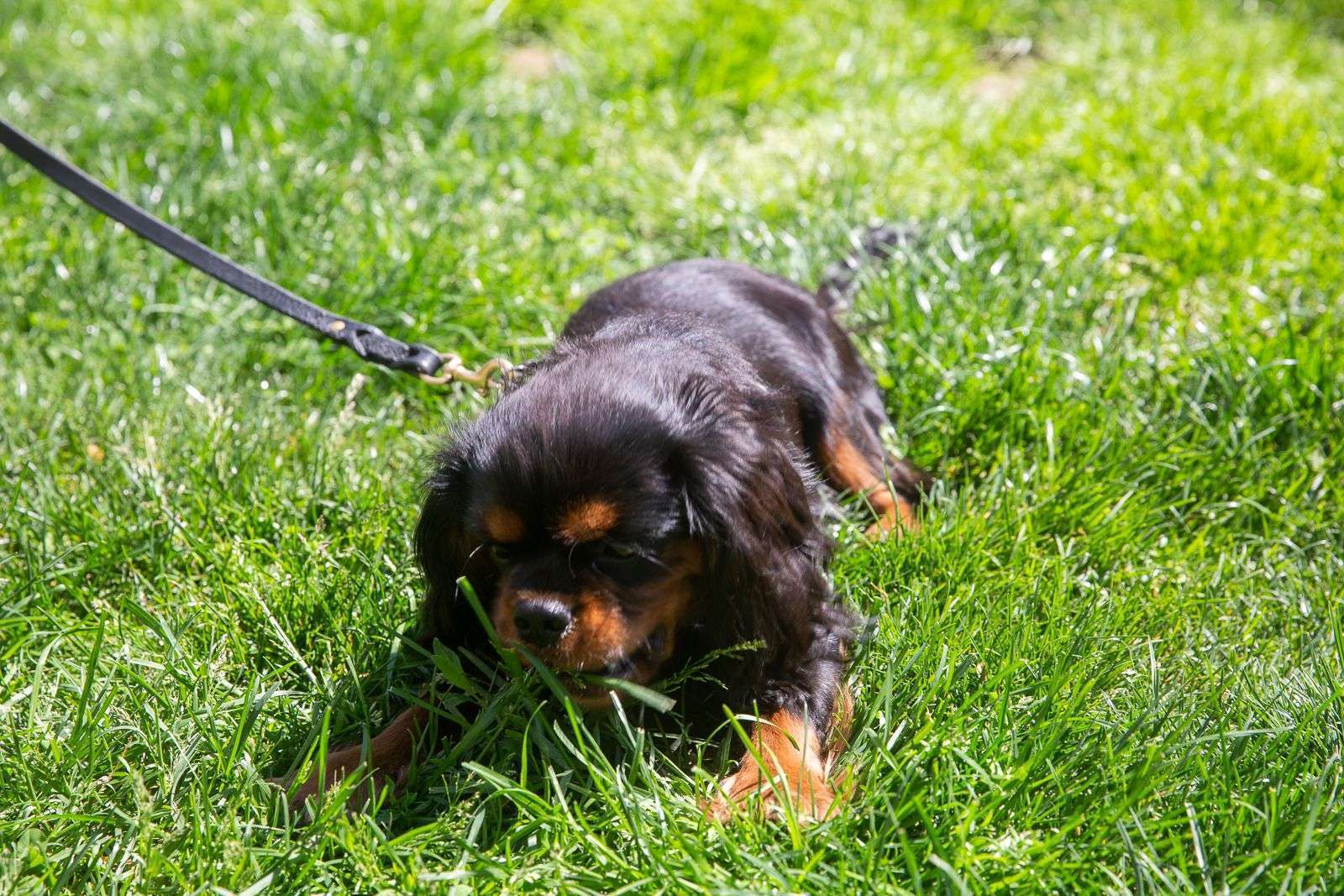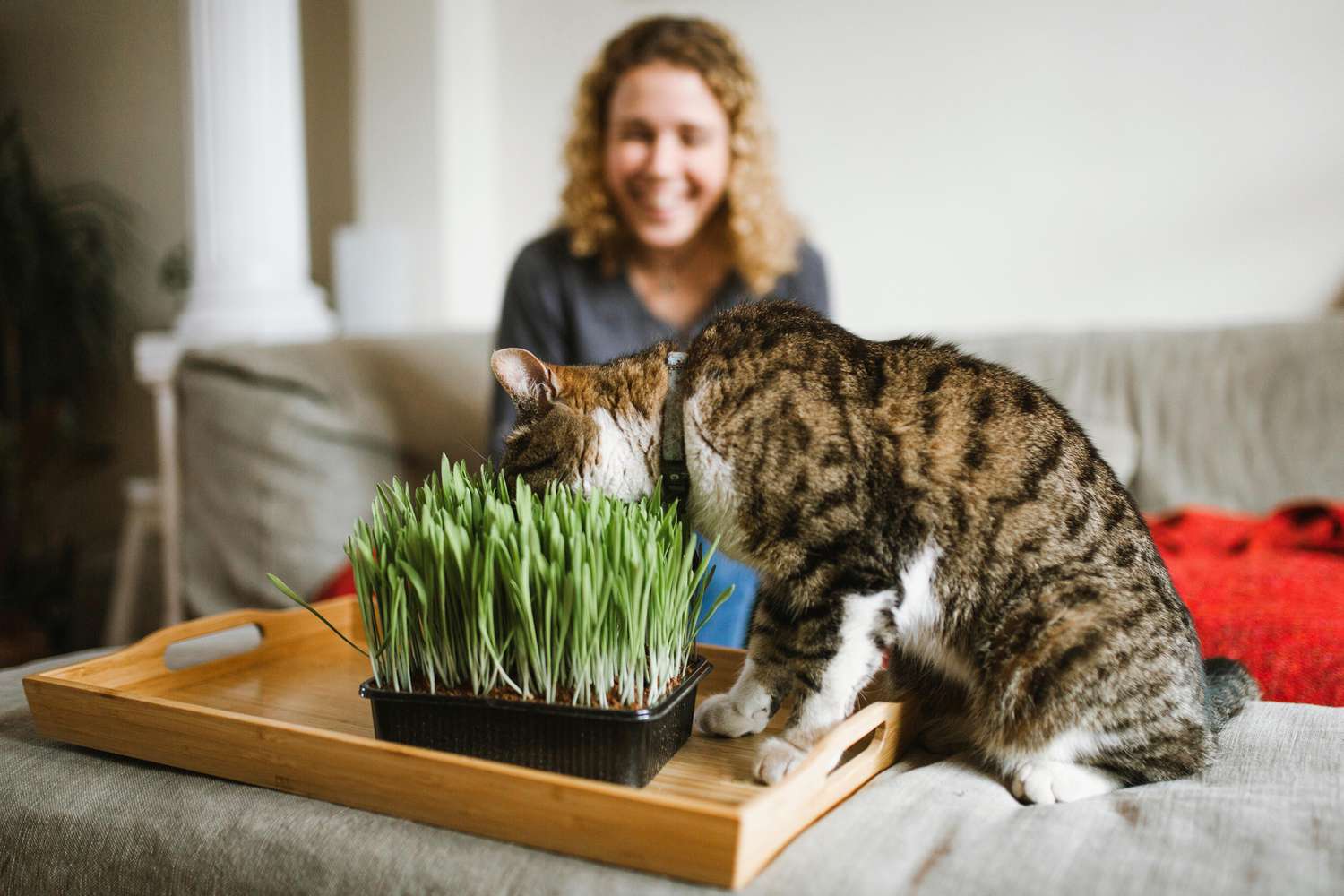Discover why some cats vomit after eating. It could be due to eating too quickly, having a sensitive stomach, or ingesting grass or foreign objects. If vomiting is frequent or accompanied by other symptoms, consult a veterinarian.
Key Takeaways:
- Choose a cat food that is specifically formulated for cats with sensitive stomachs or prone to vomiting.
- Avoid cat foods that contain common allergens such as grains, artificial additives, and fillers.
- Look for cat foods that are easily digestible and gentle on the stomach, such as those with limited ingredients or hydrolyzed proteins.
- Consider feeding smaller, more frequent meals to reduce the chances of vomiting in cats.
- If your cat continues to vomit despite dietary changes, consult a veterinarian to rule out any underlying medical conditions.
Why do some cats vomit after eating?
It can be concerning and unpleasant when your cat vomits after eating. There are several reasons why this might happen. One common reason is that your cat may be eating too quickly. When cats eat too fast, they can swallow air along with their food, which can lead to vomiting. Another possibility is that your cat has a sensitive stomach and certain ingredients in their food may not agree with them. Cats can also vomit if they have eaten something that doesn't agree with them, such as grass or a foreign object.
If your cat only vomits occasionally and seems otherwise healthy, it may not be a cause for concern. However, if the vomiting is frequent or accompanied by other symptoms like diarrhea or weight loss, it's important to consult your veterinarian to rule out any underlying health issues.
Eating Too Quickly
Cats are known for their fast eating habits, but gobbling down their food too quickly can cause them to vomit. When cats eat rapidly, they may swallow large amounts of air along with their food. This excessive air intake can lead to discomfort in the stomach and trigger vomiting.
Sensitive Stomach
Some cats have sensitive stomachs and may experience digestive upset after consuming certain ingredients in their food. Common culprits include artificial additives, preservatives, and low-quality fillers. These ingredients can irritate the gastrointestinal tract and result in vomiting.
Ingestion of Inappropriate Substances
Cats are curious creatures and sometimes ingest things they shouldn't. Eating grass is a common behavior among cats, but it can induce vomiting as well. Grass acts as an irritant in the stomach and helps cats expel hairballs or other indigestible materials.
Foreign Objects
Cats may accidentally ingest small objects such as string, hair ties, or rubber bands while playing. These foreign objects can cause blockages or irritation in the digestive system, leading to vomiting as the body tries to get rid of them.
Underlying Health Issues
In some cases, frequent vomiting after eating may be a sign of an underlying health condition such as gastrointestinal inflammation, food allergies, pancreatitis, or kidney disease. If your cat's vomiting is persistent and accompanied by other concerning symptoms, it's crucial to seek veterinary attention for proper diagnosis and treatment.
Common reasons for cat vomiting
There are several common reasons why cats may vomit. One possible cause is hairballs, which occur when a cat ingests hair while grooming and it accumulates in their stomach. Another common reason is dietary indiscretion, where a cat eats something they shouldn't, such as plants or spoiled food. Infections, parasites, and certain medications can also lead to vomiting in cats. Additionally, some cats have sensitive stomachs and may vomit as a result of food allergies or intolerances.
Hairballs:
Hairballs are cylindrical masses of hair that form in a cat's stomach. When a cat grooms themselves, they ingest loose hairs that can't be digested properly. These hairs then clump together in the stomach and can cause irritation or blockage, leading to vomiting.
Dietary indiscretion:
Cats are curious creatures and may eat things they shouldn't, such as toxic plants or spoiled food. This can upset their stomachs and result in vomiting.
Infections, parasites, and medications:
Certain infections or parasites can cause gastrointestinal issues in cats, including vomiting. Additionally, some medications may have side effects that include nausea or vomiting.
How changing a cat's diet can reduce vomiting
If your cat is experiencing frequent vomiting episodes, changing their diet may help alleviate the issue. Switching to a high-quality cat food specifically formulated for sensitive stomachs can make a significant difference. These foods typically contain easily digestible proteins and limited ingredients to minimize the risk of triggering an upset stomach.
Limited ingredient diets:
Limited ingredient diets are designed to minimize potential allergens that could trigger digestive issues in cats. By eliminating common allergens such as grains, dairy, or certain proteins, these diets can reduce the likelihood of vomiting episodes.
Novel protein sources:
Some cats may develop sensitivities to common protein sources like chicken or beef. Switching to a novel protein source, such as venison or duck, can help reduce the risk of triggering an allergic reaction and subsequent vomiting.
Ingredients in cat food that can trigger vomiting
Certain ingredients commonly found in cat food can be problematic for cats with sensitive stomachs and may trigger vomiting. It's important to carefully read the ingredient list when selecting a cat food to avoid potential triggers.
Grains:
Many cats have difficulty digesting grains like wheat, corn, or soy. These ingredients can cause gastrointestinal upset and lead to vomiting in sensitive individuals.
Dairy products:
While cats are known for their love of milk, most adult cats are lactose intolerant. Consuming dairy products can result in digestive issues, including vomiting.
Artificial additives:
Artificial colors, flavors, and preservatives added to some cat foods can irritate a cat's digestive system and lead to vomiting episodes. Opting for natural or minimally processed foods can help minimize this risk.
Recommended cat food for sensitive stomachs
If your cat has a sensitive stomach prone to vomiting, it's crucial to choose a high-quality cat food specifically formulated for sensitive stomachs. These foods typically contain easily digestible proteins and limited ingredients that are less likely to trigger an upset stomach.
Purina Pro Plan Focus Sensitive Skin & Stomach:
This formula is designed for cats with sensitive digestion and contains easily digestible proteins like salmon or lamb. It also includes prebiotic fiber to support a healthy gut and minimize digestive upset.
Hill's Science Diet Sensitive Stomach & Skin:
This cat food is formulated with gentle ingredients to promote easy digestion and reduce the risk of vomiting. It contains antioxidants and omega-6 fatty acids to support skin and coat health as well.
Blue Buffalo Basics Limited Ingredient Diet:
This cat food features a limited number of main ingredients, making it ideal for cats with food sensitivities. It avoids common allergens like grains, dairy, and poultry, reducing the likelihood of vomiting episodes.
Natural remedies and supplements for reducing cat vomiting
In addition to dietary changes, there are natural remedies and supplements that can help reduce cat vomiting. These options can provide relief for cats with sensitive stomachs or those prone to hairballs.
Pumpkin puree:
Adding a small amount of plain pumpkin puree (not pumpkin pie filling) to your cat's diet can help regulate their digestion. Pumpkin is high in fiber, which aids in moving hairballs through the digestive system and prevents constipation.
Digestive enzymes:
Digestive enzyme supplements can assist in breaking down food more efficiently, reducing the likelihood of gastrointestinal upset and vomiting. These enzymes help improve nutrient absorption as well.
Probiotics:
Probiotics promote a healthy balance of gut bacteria, which can aid in digestion and reduce inflammation in the gastrointestinal tract. Adding probiotic supplements specifically formulated for cats to their diet may help alleviate vomiting episodes.
Feeding frequency to prevent cat throwing up
The frequency at which you feed your cat can play a role in preventing vomiting episodes. Instead of feeding your cat one or two large meals per day, consider dividing their daily food portion into smaller, more frequent meals.
Multiple small meals:
Feeding your cat three to four small meals throughout the day can help prevent overeating and reduce the chances of vomiting. Smaller portions are easier for their digestive system to handle.
Slow feeders:
If your cat tends to eat too quickly, using a slow feeder bowl or puzzle feeder can help slow down their eating pace. This prevents them from gulping down large amounts of food at once, which can lead to vomiting.
Smaller, more frequent meals to minimize cat vomiting
If your cat is prone to vomiting after meals, switching to smaller and more frequent meals may help alleviate the issue. This feeding approach reduces the amount of food in their stomach at any given time and allows for better digestion.
Portion control:
Measure out your cat's daily food portion and divide it into several smaller servings throughout the day. This ensures they are not overeating in one sitting and helps prevent stomach overload.
Schedule consistency:
Establishing a consistent feeding schedule can also aid in minimizing vomiting episodes. Cats thrive on routine, so feeding them at the same times each day helps regulate their digestion and reduces the likelihood of upset stomachs.
Signs and symptoms of continued cat vomiting despite dietary changes
If your cat continues to vomit despite making dietary changes, it is essential to monitor their overall health and look for any additional signs or symptoms that may indicate an underlying issue.
Persistent weight loss:
If your cat is consistently vomiting and losing weight, it could be a sign of a more serious underlying condition. Rapid or unexplained weight loss should always be evaluated by a veterinarian.
Changes in appetite or thirst:
If your cat's eating or drinking habits change significantly, it may indicate an underlying health problem. Increased thirst or decreased appetite can be signs of various conditions that require veterinary attention.
Lethargy or behavior changes:
Cats are generally active and curious animals. If your cat becomes unusually lethargic, withdrawn, or displays behavior changes, it could be a sign of an underlying illness causing the vomiting.
Blood in vomit:
The presence of blood in vomit is always concerning and warrants immediate veterinary attention. It may indicate internal bleeding or other severe conditions that require prompt diagnosis and treatment.
If your cat continues to experience persistent vomiting despite dietary changes, it is best to consult with a veterinarian for a thorough examination and appropriate diagnostic tests to identify the underlying cause and provide proper treatment.
| Conclusion | |
| Product | Rating |
| Purina ONE Sensitive Systems | ★★★★★ |
| Blue Buffalo Wilderness High Protein Dry Cat Food | ★★★★☆ |
| Hill's Science Diet Sensitive Stomach & Skin Dry Cat Food | ★★★★☆ |
After careful consideration, the top three cat foods for cats that throw up are Purina ONE Sensitive Systems,
How do I get my cat to stop throwing up after eating?
To slow down your cat's eating speed, try giving smaller meals more frequently. Instead of using a deep dish, use a wide, flat surface such as a cookie sheet to spread out the cat food. This will make it take longer for your cat to eat and prevent them from taking large mouthfuls of food.
What cat food is easiest on the stomach?
For instance, if your cat is having issues with their digestion while eating dry food, it would be a good idea to experiment with a low-carbohydrate, high-protein diet by using canned cat food options such as Royal Canin Veterinary Diet Gastrointestinal Moderate Calorie or Purina Pro Plan Veterinary Diets EN Gastroenteric Formula. This change in diet may help alleviate the sensitivity in their stomach.
Why does my cat throw up all cat food?
When cats overeat or eat too quickly, they may vomit their food, often in a cylindrical form. They may also vomit if they feel nauseous shortly after eating, if there is an object blocking the food from entering their small intestines, or if they have a food allergy.
Why does my cat puke every day?
It is not normal for a cat to vomit every day or multiple times a month. If your cat is vomiting frequently, it may be due to something simple like hairballs, or it could signal that your cat has ingested something toxic or has a serious illness. Regardless of the reason, it is important to take your cat to the veterinarian as soon as possible.
What is a bland food for cats with vomiting?
INTERIM CAT FOOD. Contains only two ingredients: chicken breast meat and instant white rice. Designed to help cats recover from episodes of diarrhea or vomiting and facilitate a smooth transition back to their regular diet. The chicken and rice combination is a well-established solution for digestive issues in cats.
Can dry cat food cause vomiting?
Certain cats can develop genuine food allergies to specific ingredients in their food. Additionally, if a cat is allergic to their dry food, they may experience frequent vomiting after eating. This is likely to persist as a long-term problem until the dietary component that triggers the allergy is identified and modified.



